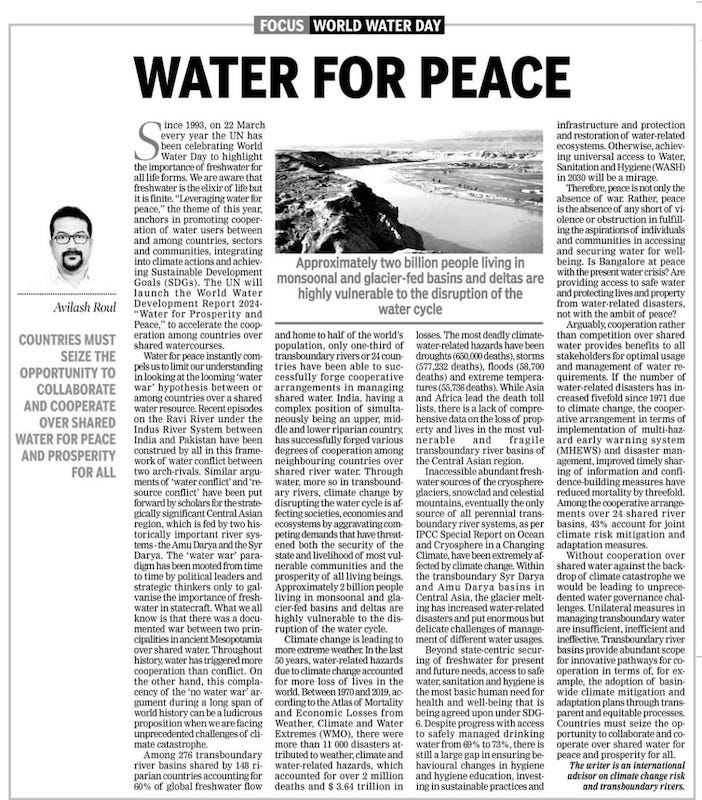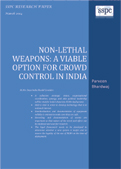From Gaza to Kashmir: The Limits of Trump’s Conflict-Resolution Diplomacy
Since its inception in 1901, the Nobel Peace Prize has primarily recognised contributions to four broad areas: arms control and disarmament, peace negotiations, the advancement of democracy and human rights, and efforts to build a more orderly and peaceful international system. In the 21st century, the Nobel Committee has also expanded its scope to include initiatives addressing climate change and environmental threats, viewing them as integral to global peace and stability.








